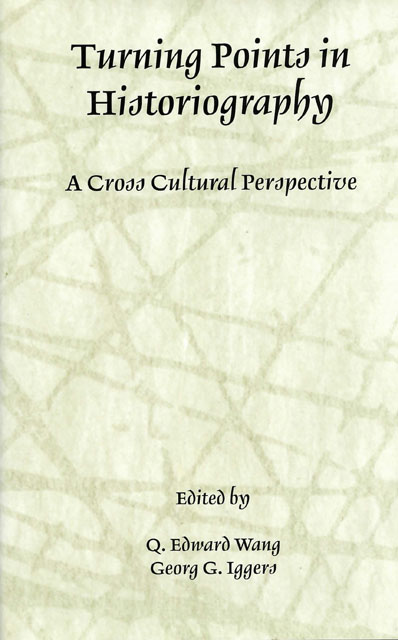Book contents
4 - From Ancient to Medieval Historical Thinking
Published online by Cambridge University Press: 29 February 2024
Summary
Few assertions of a turning point in history have been so firmly and successfully asserted as the one concerning the change from the ancient to the medieval period in Europe. Its importance is proven by its incorporation into the basic periodization scheme of Western civilization: ancient, medieval, and modern. The assertion of a change that involved all of life also implied a change in historical understanding. But there was no consensus on what took place, how and when. The use of the concept of a turning point invites us to ponder the question of how to explain a large-scale change occurring within a short time span in the long development of human history.
For scholars who believe that history was shaped by the actions of powerful individuals and events, it was not hard to locate the ancient-to-medieval turning point. Some of them simply identified the turning point with the deposition of the last Roman Emperor (of the West), Romulus Augustulus, by Odovacar in 476. For social historians, who have favored explanations in terms of social, economic, demographic, or other grand forces, changes often extended over long periods. Thus the turning point became a turning period. In postmodernist perspectives, the problem of the change of historical periods has become a matter of linguistic constructs, far from the complexities of the actual past to which scholars presumably had no access at all.
The present inquiry recognizes the element of construction in the concept of a turning point but stipulates an ultimate referentiality. Human experience and theoretical endeavors are treated as inextricably intertwined. The full historicity of human life necessitates the rejection of any reductionism—objective or linguistic. Human life must be seen as a web of phenomena with constantly shifting hierarchies.
The concept of a turning point from the ancient to the medieval period, particularly in reference to historical understanding, has one crucial implication. In contrast to the word “break,” the term “turning point” implies a continuous development that is redirected and not simply interrupted. This definition accords well with the very mechanism that has so far governed the understanding of human historicity: the building of a nexus among the past, the present, and the expectations for the future. Never permanently successful, each nexus nevertheless offers a temporary but necessary balance between the two basic kinds of human experience: change and continuity.
- Type
- Chapter
- Information
- Turning Points in HistoriographyA Cross-Cultural Perspective, pp. 45 - 58Publisher: Boydell & BrewerPrint publication year: 2001



